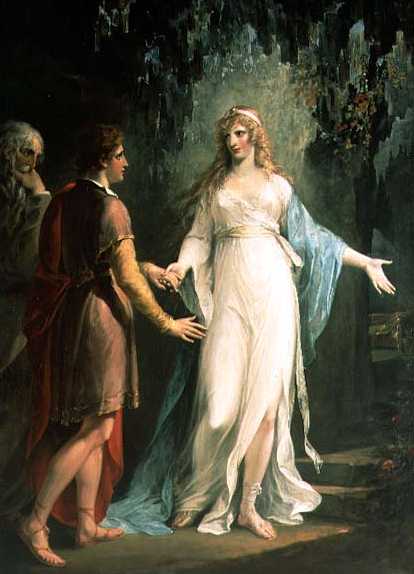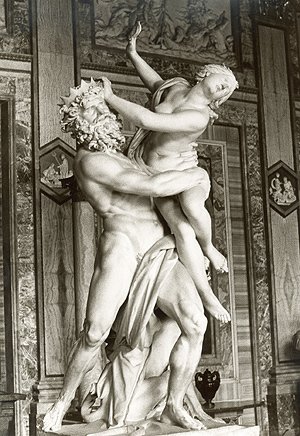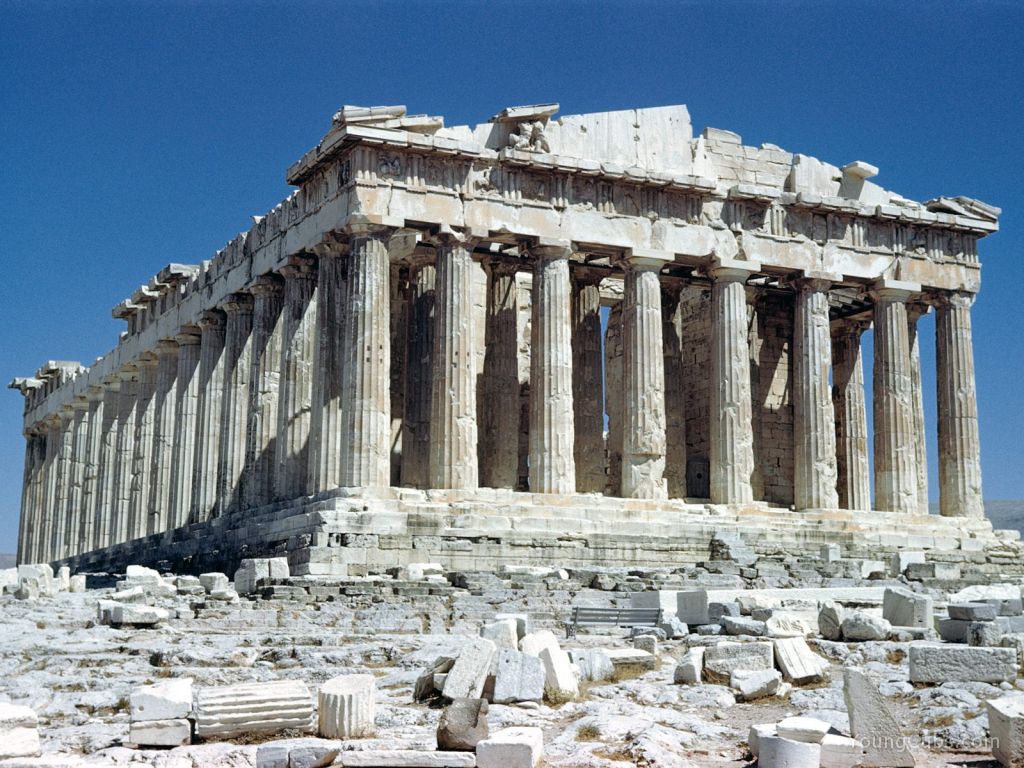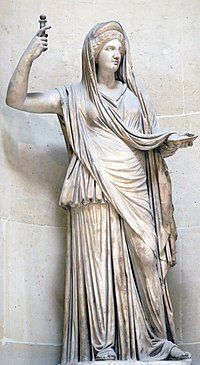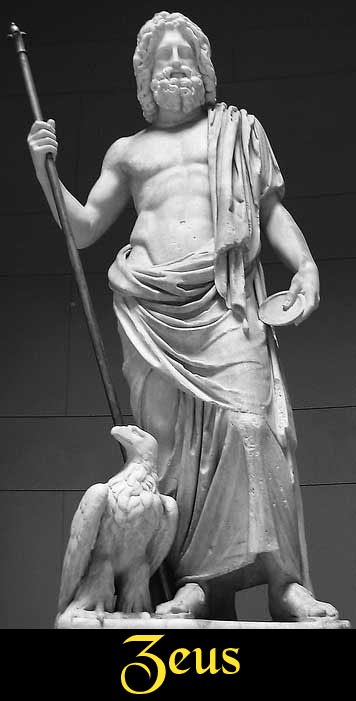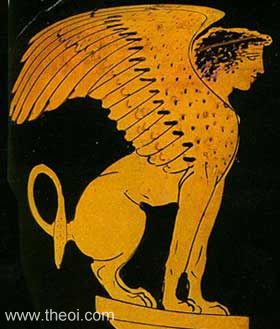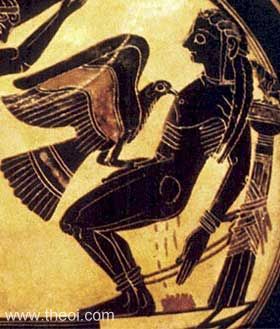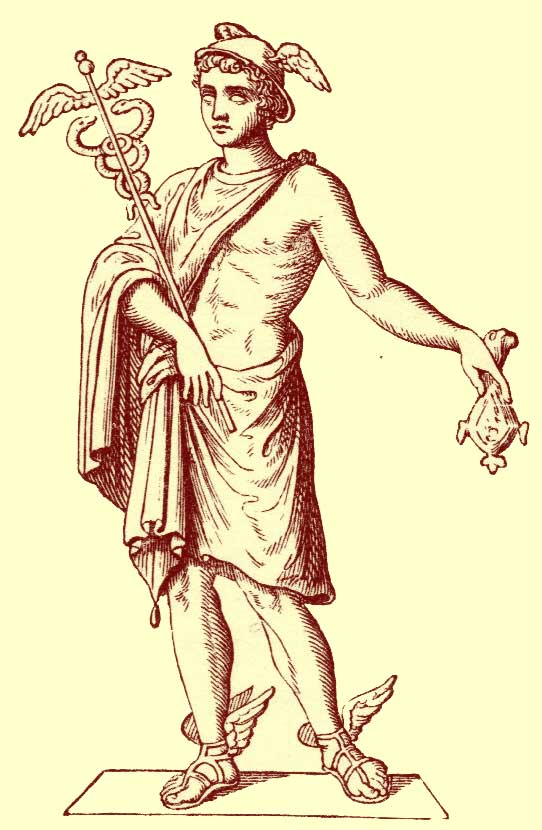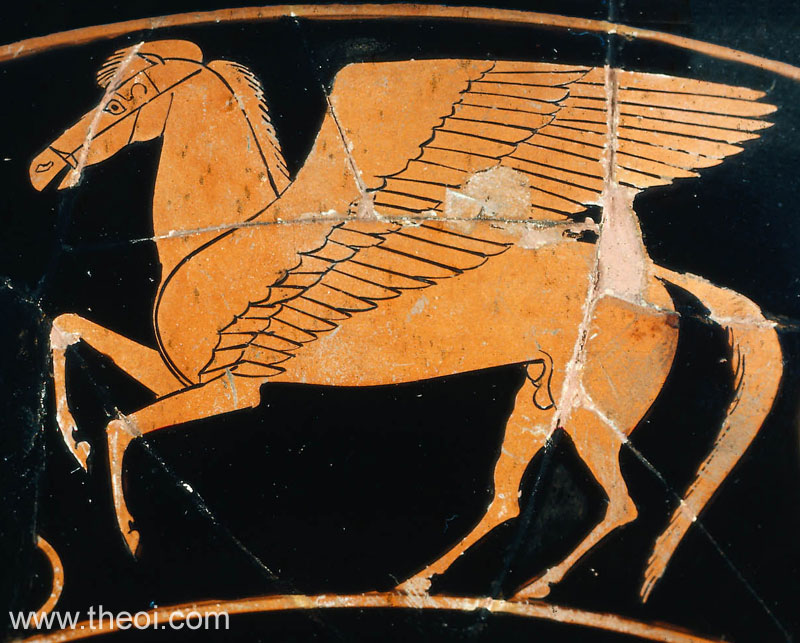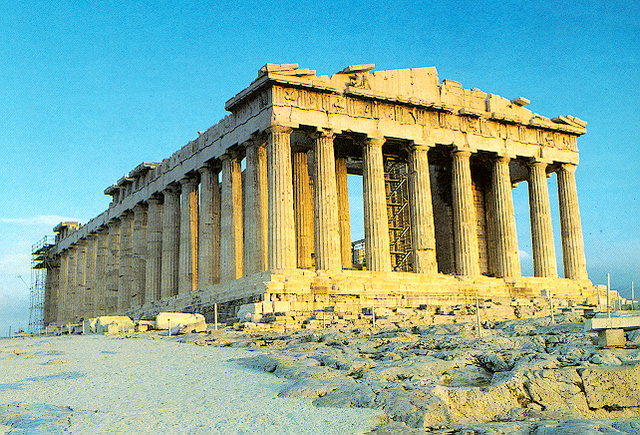Welcome to the third installment of Homer's The Odyssey (Severely Abridged and Paraphrased). When we last left our hero, he had washed up onto the beach of an inhabited island and was welcomed into the king's court as a guest, where he began to spin the strange-but-true story of his journey there.
All of the eyes in the hall were on Odysseus as he started his tale.
"Almost twenty years ago," he began, "a war started between the Greeks and the city of Troy. Back home in Ithaca, the army was drafting every able-bodied man to sail across the sea and invade Troy, and I knew it was only a matter of time before I was forced to join.
"Now, I felt this was a silly war--it had all started with a golden apple and the vanity of three bickering goddesses--and though Menelaus gave the excuse that he was rescuing his beautiful wife from the clutches of her abductor, I knew full well that Sparta had been looking for an excuse to invade and pillage Troy for years. The city had grown in wealth and power and influence, to the point that it incited the vicious jealousy of Greece. The 'face that launched a thousand ships' was really just the final straw to the king of Sparta.
"But I was not going to risk my life for such a cause--I had a beautiful wife, Penelope, and an infant son, Telemachus, to make me perfectly content where I was--and what's more, an oracle stopped me in the street and told me that, should I go to Troy, a very long voyage home awaited me.
"So I came up with a scheme to avoid being sent to war. I pretended to be insane. I hitched up an ox and a donkey to my plow--nonsensical, since the two creatures have very different strides and pull at different speeds--and started to sow my fields with salt. My neighbors believed my feigned lunacy, but Menelaus' brother Agamemnon was not convinced. He ordered that, in order to prove that I was completely out of my mind, my infant child should be placed in front of the plow.
"Of course, nothing was worth killing my son. I veered around him and revealed my sanity. I grudgingly went to war."
Odysseus paused, looking around at his captive audience. "You all know what happened after that. The Trojan War lasted ten years of carnage. As the Greeks started to commit acts of sacrilege--desecrating altars and pillaging temples--the gods began to turn their backs on us. We were losing to the Trojans, badly. But my scheme with the wooden horse turned the tables and gave us the victory."
"We know all this," the king interrupted eagerly. "But why haven't you made it back to Ithaca in all this time? It's been ten years since the fall of Troy! Everyone began to assume you were dead."
Odysseus took a deep breath. "Well, it all started when my ship was blown off-course by a strange wind. We landed on an island inhabited by very friendly, hospitable people...perhaps a little too hospitable. They ate a very peculiar fruit called a Lotus, which was sweet and invitingly fragrant, but made one sleepy, content, apathetic, and forgetful. I warned my men not to touch them, but a few members of my crew ate the Lotus. They didn't want to leave. They didn't remember their families and homes to which they must return. It was as though they were under a spell.
"I had to forcibly drag them off the island and back to the ship, and they wept for days. We quickly set sail again--but now we were so off-course that we had passed the realm of our knowledge. We did not know of the strange and mysterious isles that awaited us, far more deadly than the one we were leaving.
"We cheered when we came into view of a small chain of islands. We headed for the nearest one, which appeared lush with vegetation. If only we had known the danger and misery that awaited us there..."
What happened to Odysseus and his crew on this mysterious island? Tune in next time for Part 4 of Homer's The Odyssey to find out!
All of the eyes in the hall were on Odysseus as he started his tale.
"Almost twenty years ago," he began, "a war started between the Greeks and the city of Troy. Back home in Ithaca, the army was drafting every able-bodied man to sail across the sea and invade Troy, and I knew it was only a matter of time before I was forced to join.
"Now, I felt this was a silly war--it had all started with a golden apple and the vanity of three bickering goddesses--and though Menelaus gave the excuse that he was rescuing his beautiful wife from the clutches of her abductor, I knew full well that Sparta had been looking for an excuse to invade and pillage Troy for years. The city had grown in wealth and power and influence, to the point that it incited the vicious jealousy of Greece. The 'face that launched a thousand ships' was really just the final straw to the king of Sparta.
"But I was not going to risk my life for such a cause--I had a beautiful wife, Penelope, and an infant son, Telemachus, to make me perfectly content where I was--and what's more, an oracle stopped me in the street and told me that, should I go to Troy, a very long voyage home awaited me.
"So I came up with a scheme to avoid being sent to war. I pretended to be insane. I hitched up an ox and a donkey to my plow--nonsensical, since the two creatures have very different strides and pull at different speeds--and started to sow my fields with salt. My neighbors believed my feigned lunacy, but Menelaus' brother Agamemnon was not convinced. He ordered that, in order to prove that I was completely out of my mind, my infant child should be placed in front of the plow.
"Of course, nothing was worth killing my son. I veered around him and revealed my sanity. I grudgingly went to war."
Odysseus paused, looking around at his captive audience. "You all know what happened after that. The Trojan War lasted ten years of carnage. As the Greeks started to commit acts of sacrilege--desecrating altars and pillaging temples--the gods began to turn their backs on us. We were losing to the Trojans, badly. But my scheme with the wooden horse turned the tables and gave us the victory."
"We know all this," the king interrupted eagerly. "But why haven't you made it back to Ithaca in all this time? It's been ten years since the fall of Troy! Everyone began to assume you were dead."
Odysseus took a deep breath. "Well, it all started when my ship was blown off-course by a strange wind. We landed on an island inhabited by very friendly, hospitable people...perhaps a little too hospitable. They ate a very peculiar fruit called a Lotus, which was sweet and invitingly fragrant, but made one sleepy, content, apathetic, and forgetful. I warned my men not to touch them, but a few members of my crew ate the Lotus. They didn't want to leave. They didn't remember their families and homes to which they must return. It was as though they were under a spell.
"I had to forcibly drag them off the island and back to the ship, and they wept for days. We quickly set sail again--but now we were so off-course that we had passed the realm of our knowledge. We did not know of the strange and mysterious isles that awaited us, far more deadly than the one we were leaving.
"We cheered when we came into view of a small chain of islands. We headed for the nearest one, which appeared lush with vegetation. If only we had known the danger and misery that awaited us there..."
What happened to Odysseus and his crew on this mysterious island? Tune in next time for Part 4 of Homer's The Odyssey to find out!






